FRIDAY FILE: Palestinians, and people globally who stand in solidarity with Palestine, commemorate Land Day every March 30. On this day in 1976 thousands of Palestinians embarked on a general strike and protests against the Israeli government’s announcement to confiscate large portions of Palestinian lands for new Israeli settlements. The protests resulted in six Palestinians being killed, and hundreds injured and arrested by Israeli forces. Land Day has been commemorated every year since.
By Mégane Ghorbani
This year, to show solidarity and commemorate Land Day, AWID interviewed seven people1 working on women’s rights in Palestine to learn more about the consequences of Israeli occupation on the lives and rights of Palestinian women and girls; and to present different perspectives on activism and challenges to build a strong movement to support women’s and girls’ rights in Palestine.
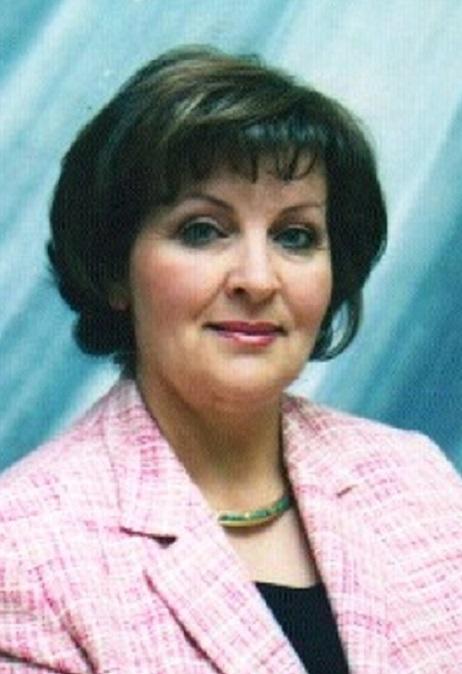
Amal Khreishe, 57 | Palestinian, living in Occupied Palestine (Ramallah) | General Director at Palestinian Working Woman Society for Development (PWWSD) | @PWWSD
Israel’s on-going suppression of the Palestinians affects women in both private and public spheres. This oppression is combined with the growing fundamentalism in the region, which deepens violence against women, and enhances the patriarchal system and the traditional tribal structures. Palestinian women lack access to resources, and there is a lack of a political will in Palestinian political structures to achieve gender-equality, security and protection for women.
To contribute to the collective efforts to enhance women participation and combat gender-based violence, PWWSD runs two main programs: the Women Empowerment and the Counselling Programs. Through these programs, a series of activities are implemented: raising-awareness, capacity development, networking, lobbying and advocacy, campaigning, etc. These activities focus on UNSCR 13252 and CEDAW, themes of security and peace for women.
The main challenges include the weakness of the relationship between NGOS and the grassroots movements, the focus on NGO-ization and the lack of available funding. Besides, the weakness of political parties, especially socialist parties, and the political division in Palestine reflects the polarization on social and labour movements. More broadly, the culture of globalization that focuses on individual interests and the new liberal system weaken the social movement. There is a lack of youth trust in the global system, especially the UN and its mechanism, such as not holding Israel accountable for its crimes. In this context, policies often don’t reflect needs of women.
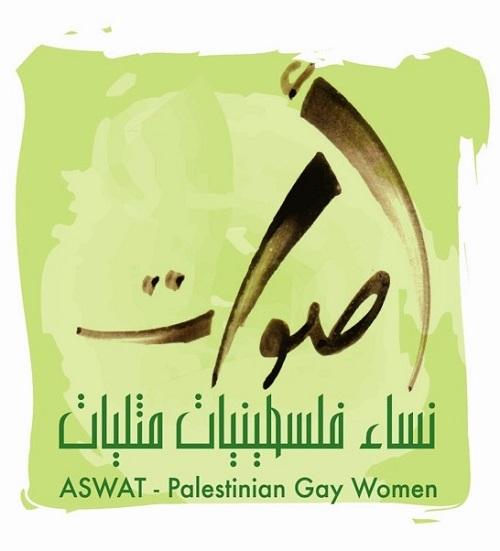
Ghadir Shafie | Palestinian, living in Israel | Co-director at Aswat - Palestinian Gay Women
Israel’s policies of systematic discrimination of Palestinian rights and freedoms and its on-going occupation of Palestinian lives and land have several consequences. Palestinian women in particular, carry the burden of occupation, as it affects every aspect of their lives. Sweeping restrictions on freedom of movement prevents women from seeking medical care, attaining education, or getting a job, thus isolating them from support networks, and further contributing to women’s unemployment and poverty. Palestinian women are also disproportionately affected by Israeli policies and laws, which through a complex system of permits and administrative bureaucracy prevent Palestinians with different residency from living together as a family. Palestinian women living in Israel face similar challenges, and have second-class citizenship status within Israel, which defines itself as a Jewish state rather than a state for all its citizens. More than 50 provisions of Israel’s principal laws discriminate, either directly or indirectly, against non-Jews.
Aswat recognizes the intersection of struggles of Palestinian gay women and has worked over the years to promote a discourse that unites feminism, queer and resistance to all forms of oppression. Through our work and activism, we provide peer and group support and empowerment to girls and women, increase public awareness about women rights and freedoms, offer trainings to improve women capacities and skills, form alliances with feminist and human rights groups, locally and globally, to work for to advance the rights, namely sexual rights, of Palestinian women in all historical Palestine.
Some of the main challenges to our work include geopolitics – having to work within two completely different societies, which are in conflict. For example, when working within the Committee Against Femicide, of which Aswat is a member, we must work on two levels. On the one hand, resist government negligence (police does not interfere when Palestinian women are being killed treating the hate crime as an internal practice of the backwards Palestinian society). On the other hand, work within Palestinian society to increase awareness and responsibility for femicide.
Another significant barrier is the immense and often, irreconcilable differences between the Israeli feminist agenda and the Palestinian one. Israeli Jewish women are not direct targets of discrimination in Israeli law, and enjoy some advancement achieved by the Israeli feminist movement.
Many Palestinian localities within Israel do not have public transport, making it more difficult for women to reach the cities, hence, they remain disconnected from support and empowering networks.
In the case of Palestinian LBTQI women, the state of Israel, as part of its Brand Israel Campaigns, uses gay rights to present a positive image and divert attention from violations of human rights through Pinkwashing. The latter aims to portray a homophobic, primitive, backwards and barbaric image of the Palestinian, while presenting Israel as a haven for gay rights and acts as a ‘saviour’ to gay Palestinians!
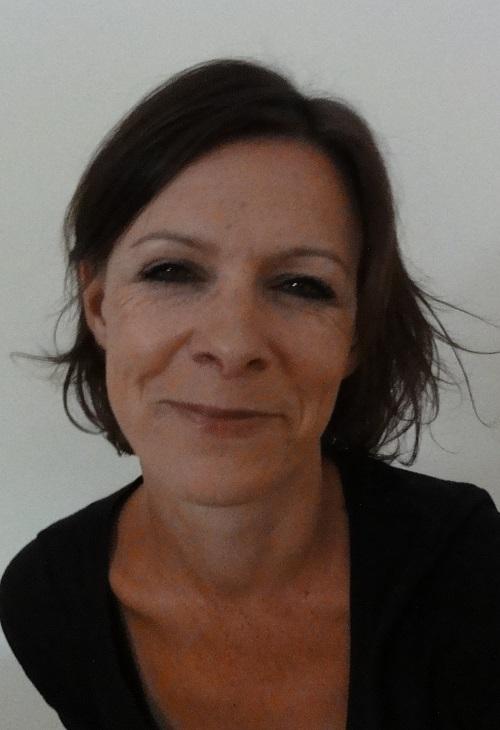
Jenny Hornisch, 41 | German, living in Jerusalem | Gender Focal Point, Media-Advocacy-Advisor at German Development Cooperation (GIZ) | @jen_jerusalem
The ongoing high levels of violence and aggressions related to land confiscation, demolitions of infrastructure and displacement in West Bank and East Jerusalem, and the recent military assault on the Gaza Strip during July-August 2014, created an environment with high levels of stress that worsened to unprecedented levels, affecting the situation of women and girls, their health and mental health, their security and protection rights, their livelihood and economic conditions and exposed them to domestic and other gender-based forms of violence.
GIZ protects and promotes Palestinian women’s and girls’ rights in various sectors with initiatives (among others) to strengthen the participation of women in socio-economic development processes in civil society, to promote gender-sensitive municipal decision-making and participation of women in local government. Access to technical vocational education and training and labour market is being facilitated for female students. In the private sector, women cooperatives working in the food sector are being supported and promoted to improve their economic conditions.
Israel’s colonization and the discriminatory regime highly restrict the work and the operational capacity of Palestinian women’s organizations. They are highly dependent on foreign funding, which limits their financial sustainability and their ability to define long-term vision and strategic planning. This makes them more and more project-oriented and less focused on their mandate. They are almost exclusively focused on service delivery. The lack of one voice in spite of the long and extensive experience, of making use of the essential reservoir of information and knowledge, and the growing tendency towards competition and conflicts among those organizations hugely limits their effectiveness. The inadequacy of internal governance, accountability and transparency, and the persistence of non-democratic practices within some of those organizations, results in limited public trust and mobilization capacity.
It appears that women’s NGO’s in their actual organizational forms and fabrics might be able to play a role in advocating women’s and girls’ rights in the international arena, provide services for marginalized groups, propose new policies and visions, generate and disseminate information. But, in order to comprehensively affect gender equality in the Palestinian Territories, a different form of organizing (and mobilizing) is likely needed with a locally grounded vision and a more sustainable power basis for social change. This ‘bottom-up’ approach obviously relies on supportive measures by government authorities.
Another crucial challenge for Palestinian women and girls that is important to understand, is how the impact of the patriarchal societal structure and Israel’s colonization and discrimination against Palestinian women, girls, boys and men are interlaced and reciprocally reinforced.
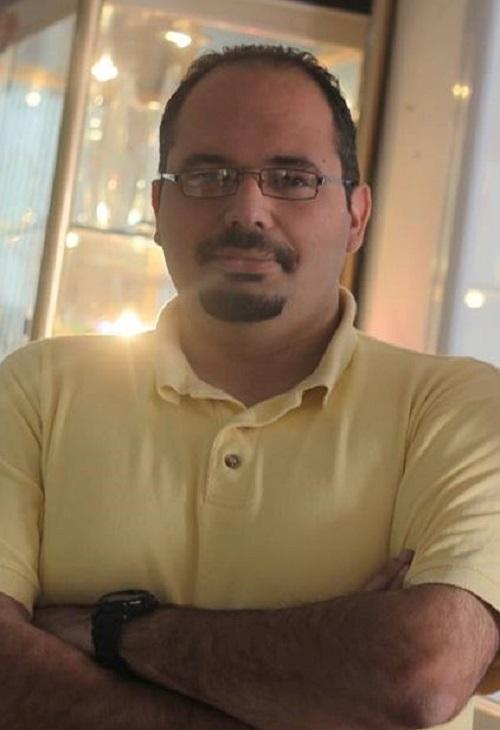
Mohamed Hilles, 32 | Palestinian, living in Occupied Palestine (Gaza) | Public Relations and Media Officer at Zakher Association for developing women capacities, CEO & Founder of ARTS For Media & Training | @mohamed_hilles
The siege has had consequence for women and girls, especially in Gaza. Freedom of movement is problematic and we have many children born on the Israeli Barrier because women cannot reach the hospital because of the Barrier.
Zakher association focuses on economic empowerment for women by implementing projects that target widow and divorced women. The "Sarroud" Zakher feminist kitchen is one of the pioneer projects in Gaza Strip and the value of the kitchen is that the administration, production processes, as well as marketing for the domestic market, are all carried out by women. This shows the ability of women's self-reliance and, ability to quickly adapt to the surrounding circumstances. Zakher implements also an embroidery project, with 40 women making embroidery products for local and international markets.
Challenges to building a strong movement to support women’s and girls’ rights include the Israeli occupation, the old traditions in Gaza, and the authority of men, as well as the political divisions between Gaza and the West Bank. Women leaders in Palestine need to identify targets and build strong alliances.
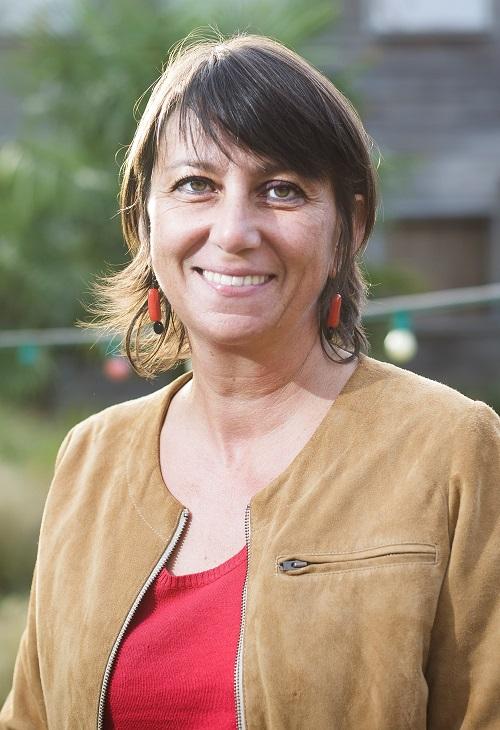
Sandrine Mansour-Mérien, 49 | Franco-Palestinian living in France | Historian and historical advisor to institutions focused on decentralized cooperation
The Israeli occupation creates a very difficult situation overall; geographic disruptions caused by settlements, checkpoints, and the wall make getting around difficult, especially for women. Going to work, to school, to the fields, or seeking birth accompaniment or hospital treatment become real problems for Palestinian women and girls. Another important consequence is the repeated trauma of Israeli attacks and arrests of women and their children who have become a prime target of the Israeli army.
Decentralized cooperation aims to help women via projects and actions namely through women's cooperatives. These helps women have a locally based livelihood, find economic opportunities and also to have a level of independence from men. There is also support in health and education sectors, with training projects specifically targeting women.
The challenges are enormous: firstly, the economic situation is catastrophic because of the occupation and financial blockades imposed by Israel, and because opportunities for Palestinian products are forced to go through Israel. Challenges also exist in society because the nation as a whole is experiencing a major crisis directly related to the confinement of the Palestinian people and the inability of the majority of the population to leave the territory freely or to travel safely.
Finally, they are constrained by a difficult internal political situation as decades of occupation and colonization cloud people's hope of negotiating with Israel and therefore there is a loss of faith in any real political agency.
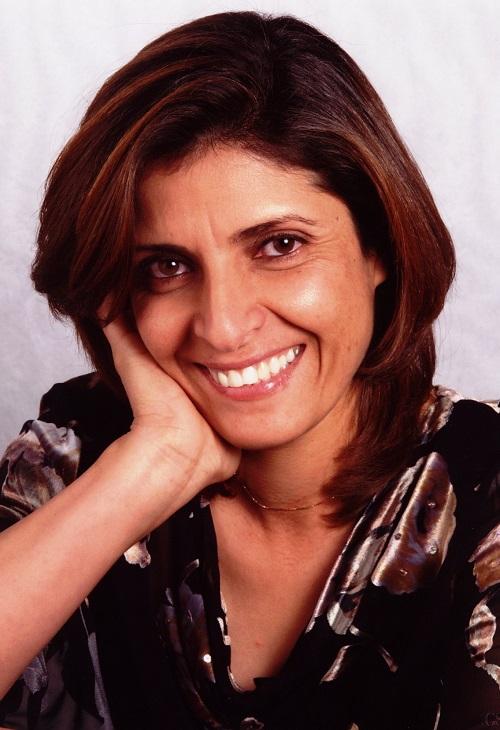
Buthina Canaan Khoury, 48 ans | Palestinian living in Occupied Palestine (Ramallah) | Independent filmmaker, Founder of Majd Production Company
The Israeli occupation is the major challenge for all Palestinians, regardless of their gender. Of course, what affects the Palestinian community affects Palestinian women as much, in terms of lack of movement and of controlling the borders. Many women pay the price of being married to husband who has been detained, or are mothers of children who were martyrs or prisoners. The economic price is also very high under the occupation because the economic situation is affected by the political situation.
All Palestinians try to deal with the situation by resisting. Some resist peacefully, some choose other methods. I consider living in Palestine under the occupation, with all the difficulties and challenges, as a way of resistance - by not leaving the country, by not giving up. The other way of peaceful resistance for me is making films, documentaries, trying to inform and to educate people about the situation of Palestinian women, and political situation more broadly.
There is a good amount of movement resisting the Occupation in Palestine, but because of the political situation, everybody is focussed on getting human rights for all and not specifically rights for women. My films usually treat the social and cultural aspects as well as the occupation aspect. It’s very important to have both struggles as Palestinian women - resisting the Israeli occupation, and the traditional way of thinking about women’s rights at the same time.
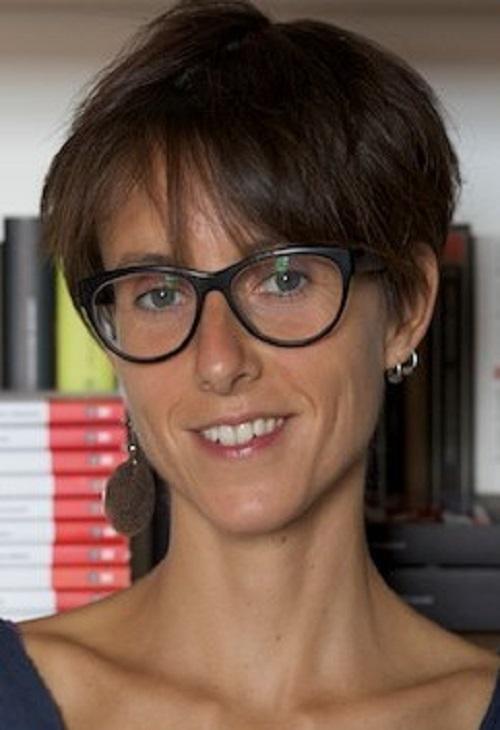
Giulia Daniele, 32 ans | Italian | Research fellow at Sant’Anna School of Advanced Studies, Author of "Women, Reconciliation and the Israeli-Palestinian Conflict: The Road Not Yet Taken" (Routledge, 2014)
The Israeli military occupation has regulated every aspect of Palestinians’ daily life, but, in particular, it has produced the most dramatic consequences towards women’s rights, from health to education, from work to freedom of movement. Since 1948, the time of Nakba (the Palestinian ‘Catastrophe’), Palestinian women, who were affected through the loss of their homes and dispossession of their lands, have struggled and resisted with the aim of supplying basic needs and psychological assistance for the survival of their families.
I believe in the importance of critically examining the structural issues at the core of the conflict related to the persistence of military occupation and power inequalities, to go beyond the ‘normalised’ status quo. I strongly support the establishment of diverse interactions between women scholars and Palestinian women activists who have led the most significant women’s rights struggles in the past decades to overcome the crystallised feminist dichotomy of theoretical knowledge and action.
In the last few years, there have been successful initiatives with Palestinian women and Israeli and international women activists. Founded on non-violent resistance and civil disobedience principles, women’s role has increased both individually and as a collective political group, especially within the Popular Struggle Coordination Committees across several villages in the West Bank. Women have demonstrated their ability, strength, and determination to succeed in their objectives and in motivating people from different backgrounds and political views to join in non-violent struggles.
[1] AWID reached out to 32 Palestinian organisations and AWID members and received these seven responses. [2] The Security Council adopted resolution (S/RES/1325) on women and peace and security on 31 October 2000.
